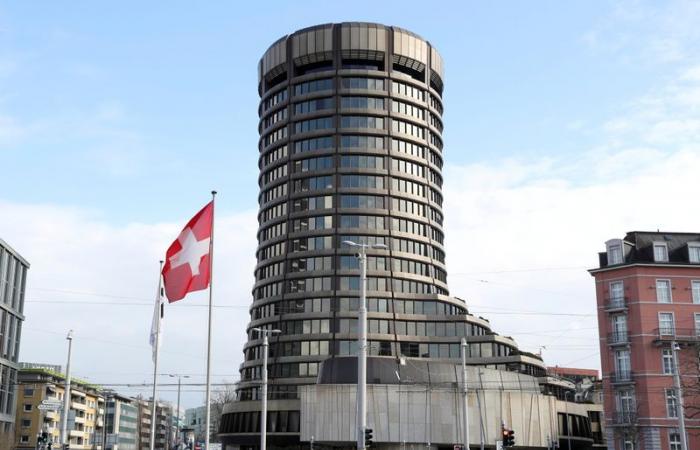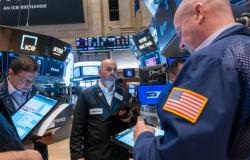Central banks should reap the benefits of artificial intelligence (AI), the Bank for International Settlements (BIS) has said, while stressing that technology should not replace humans when it comes to setting interest rates. ‘interest.
In its first major report on the rapid evolution of AI, the central bank coordination group said policymakers must harness its immense power of tracking real-time data to “refine” their forecasting capabilities of inflation.
This is something that has been sorely lacking in the wake of COVID-19 and Russia’s invasion of Ukraine, when the US Federal Reserve, the ECB and other major central banks have failed to grasp the scale of the surge in inflation on a global scale.
New AI models should reduce the risk of a repeat, although their untested nature and the fact that they can “hallucinate” mean they should not become “robo-rateetters”, Cecilia Skingsley said , a senior BIS official.
“We like to hold humans accountable,” said the former Swedish central banker, referring to the crucial role borrowing costs play in society and the need for good judgment.
“So I don’t really see a future where an AI will set (interest) rates.
The BIS, often called the central bank of central bankers because of the joint work it does, already has eight projects involving AI.
Hyun Song Shin, its research director and top economic adviser, said policymakers should not view AI as “something magical” but could help find needles in haystacks and identify vulnerabilities in financial systems.
Technology is also likely to radically reshape labor markets and impact productivity and economic growth. Its widespread adoption could allow companies to more quickly adjust prices based on macroeconomic changes, which would impact inflation.
The BIS warned that AI also introduces risks, such as new types of cyberattacks, and can amplify existing risks, such as herding, bank runs and forced sales of financial assets.
“The call to action for central banks is to foster a community of practice,” Shin said. “Sharing experience, sharing best practices, but also sharing the data and the models themselves. (Reporting by Marc Jones; Editing by Jason Neely)






